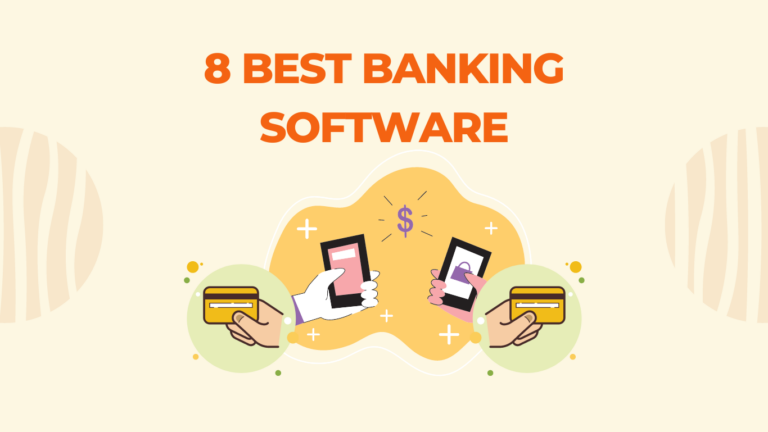Enterprise Resource Planning (ERP) is a special software that helps companies manage and connect different parts of their business smoothly. It acts as a central system where information from various departments comes together, giving a complete and current picture of what’s happening in the company.
Using ERP software makes it easier for businesses to use their resources wisely, make better decisions, and improve how they operate.

Table of Contents
Importance of ERP tools
These systems are the backbone of organizational efficiency, connecting various functions and ensuring smooth.
1. Benefits
- Streamlined Operations: ERP facilitates seamless information flow, automates processes, and reduces manual errors.
- Real-Time Data: Organizations gain real-time visibility into financial performance, employee data, and customer interactions.
- Decision-Making: Data-driven decisions become possible with accurate and up-to-date information.
2. Core Functions of ERP
- Tools manage general ledger, accounts payable, receivable, and financial reporting, ensuring accuracy, reducing errors, and providing insights into financial health.
- Modules streamline HR processes by handling employee data, payroll, benefits administration, and performance management, enhancing workforce decision-making.
- Sales and CRM oversee the entire sales cycle, from lead generation to order fulfillment, while tracking customer interactions to improve satisfaction through personalized experiences.
- Efficient supply chain management optimizes purchases, inventory, and logistics, cutting costs and improving overall operations.
3. Evolution of ERP Systems
- Initially focused on back-office functions like accounting and inventory management.
- Modern ERP solutions encompass diverse areas, including CRM, e-commerce, and business intelligence.
- Cloud-based ERP systems provide easy access to information from anywhere, revolutionizing accessibility and affordability.
4. Cost Savings
- While the initial investment in an ERP system can be significant, it often leads to long-term cost savings. By automating routine tasks, reducing manual errors, and improving overall efficiency, small businesses can lower operational costs and enhance their bottom line.
Also Read: Unlock Efficiency: Top 10 Must-Have Open Source ERP Software – CoinCodeCap 2023
Best ERP system for business
1. Oracle NetSuite
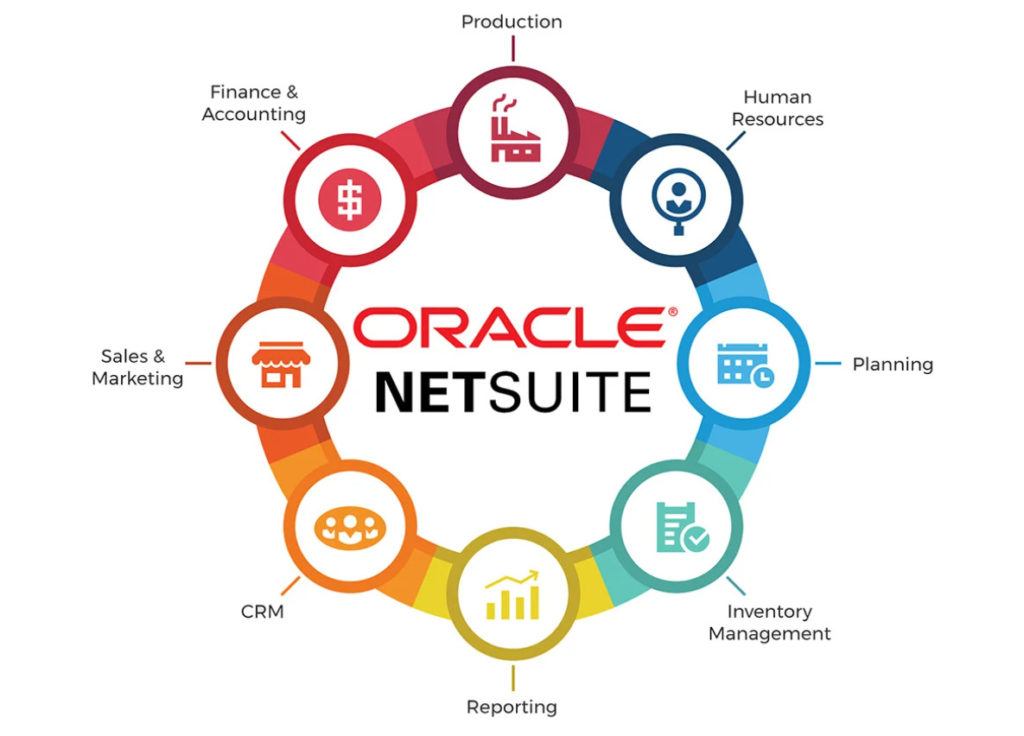
Oracle is one of the oldest and most well-known software vendors, offering a suite of core business management applications to companies of all sizes.
- Oracle NetSuite is a powerful cloud-based platform combining Enterprise Resource Planning (ERP) and Customer Relationship Management (CRM).
- It efficiently manages various business functions like finances, procurement, inventory, and supply chain, making e-commerce integration a breeze.
- It Ensures accurate financial management with features covering general ledger, accounts payable, accounts receivable, and financial reporting.
- Simplify human resources processes with modules for employee data, payroll, benefits administration, and performance management.
- Streamline supply chain management to cut costs and improve efficiency in purchases, inventory, and logistics.
- Gain real-time insights through advanced reporting and analytics tools for informed decision-making.
- Enjoy the flexibility of a scalable platform with seamless mobile accessibility. Customize the system to meet specific business needs for a tailored and efficient management solution.
2. SAP Business One
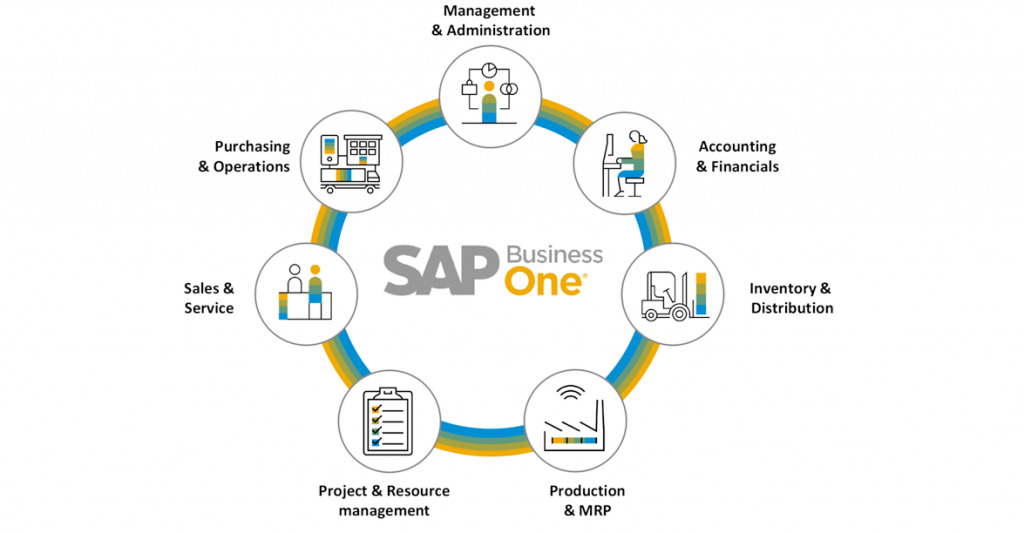
SAP Business One is an integrated ERP solution designed for small and medium-sized enterprises (SMEs), featuring a user-friendly interface and comprehensive business management functionalities.
- The system offers real-time data insights, scalability for growing businesses, and integrated financial management covering general ledger, accounts payable and receivable, banking, and financial reporting.
- It includes modules for sales and CRM, optimizing the entire sales process and enhancing customer engagement.
- SAP Business One also addresses inventory and supply chain management needs while providing customizable reporting tools and analytics for data-driven decision-making.
- The system offers industry-specific solutions and extensions, supporting mobile accessibility and providing deployment flexibility with both on-premise and cloud options.
3. Odoo
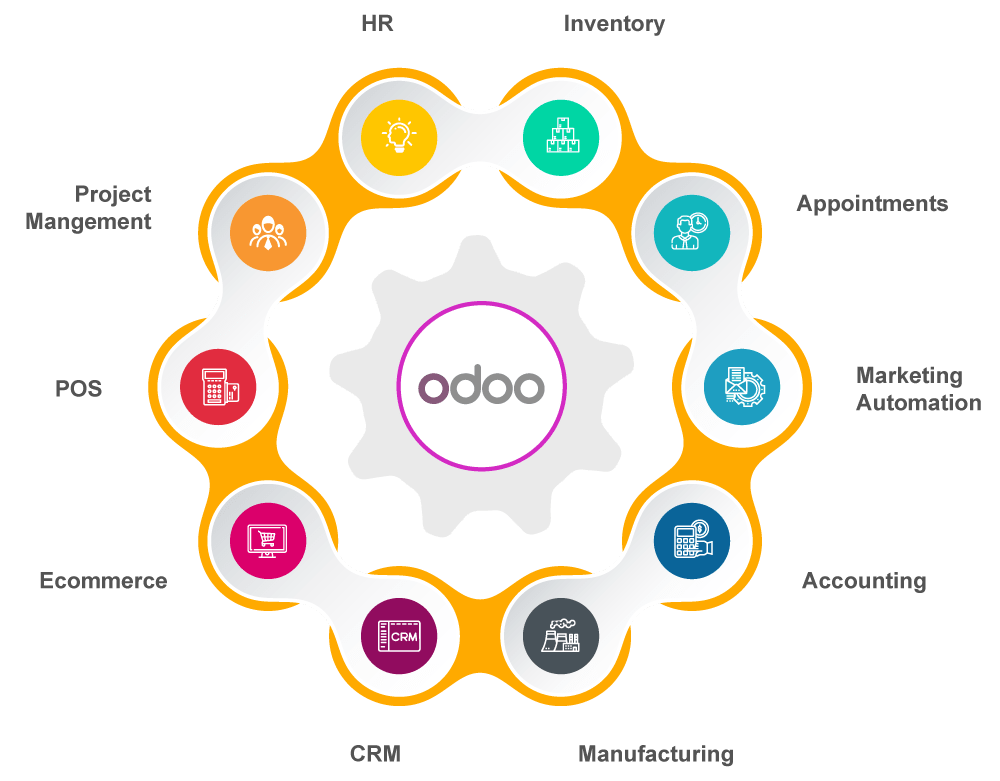
Odoo is a comprehensive open-source software solution that is completely customizable and includes hundreds of expertly designed business applications that are all integrated and streamlined for a great user experience (UX).
- You can customize Odoo to fit your needs. Modify the flow, add your data, and build reports that suit your company.
- Odoo was created with simplicity in mind. Odoo does not require any technical knowledge. All you have to do is log in and begin.
- Odoo can scale with your company, whether it is small or large. You can seamlessly add more features as your business grows.
- Odoo comes in different versions. Pick the one that fits your business and your budget.
- If you use other software, Odoo can connect with them. It plays nicely with e-commerce tools, payment systems, and more.
- Odoo is not fixed on your computer. You can manage your company from your phone or tablet, giving you more flexibility.
- If your company operates in multiple languages or currencies, Odoo has you covered. It is designed to function globally.
4. Microsoft Dynamics 365
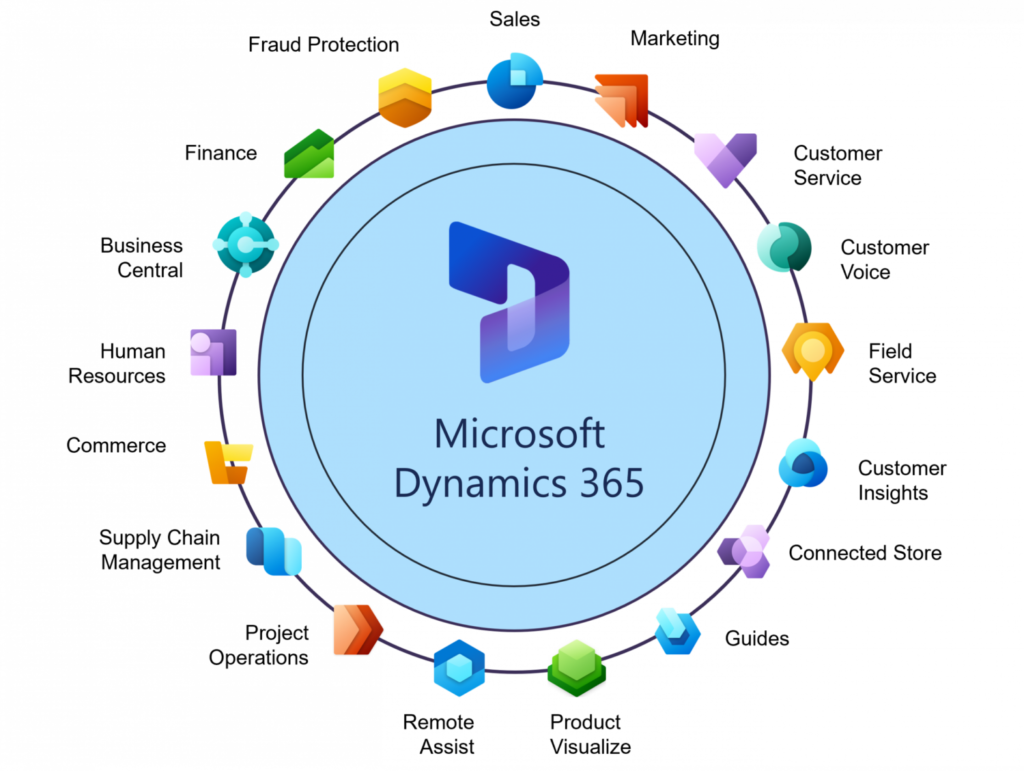
- Microsoft Dynamics 365 Business Central seamlessly integrates with other Microsoft 365 apps and services, ensuring a smooth and cohesive experience within the Microsoft family.
- This unified approach enhances collaboration and productivity across your business processes.
- Microsoft Dynamics 365 Business Central is a great tool for small and medium-sized businesses. It helps manage different parts of your business like finances, sales, and operations all in one place.
- Since it’s cloud-based, you can access it from anywhere in the world with an Internet connection. This allows your team to collaborate and adjust to changes.
- Microsoft Dynamics 365 Business Central is a great fit for small businesses. Match your needs with its features, keep up with updates, and benefit from its simplicity, flexibility, and scalability to boost your business.
5. Sage Intacct
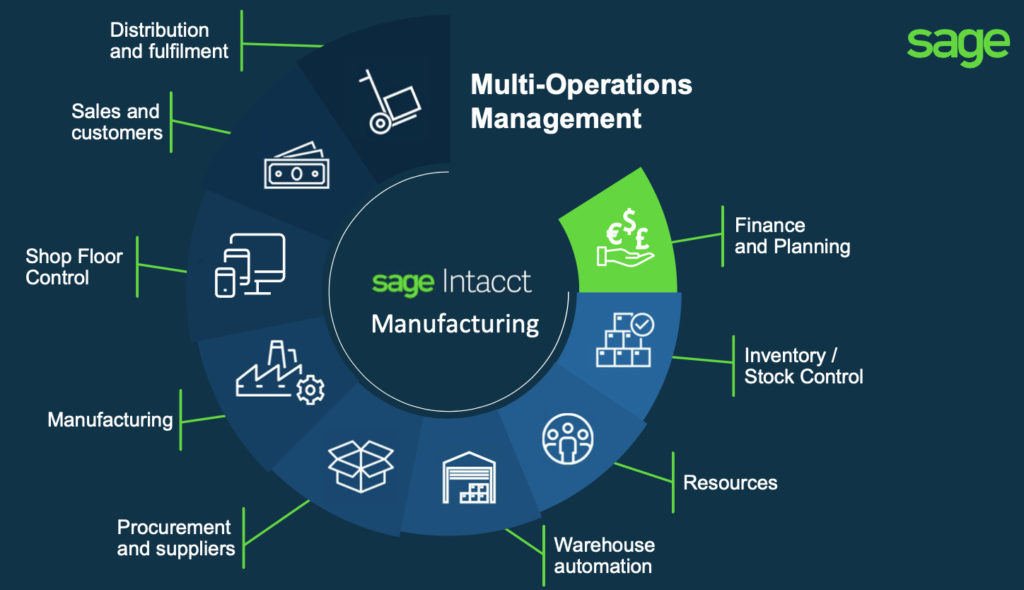
Sage is recognized for providing user-friendly accounting, payroll, and payment solutions seamlessly integrated for businesses of all sizes, from start-ups to enterprises, spanning diverse industries.
- Delivers cloud-based accounting, planning, HR, and payroll solutions for small and medium-sized businesses.
- Offers instant, predictive performance insights with AI-powered processes and connected workflows for accounting, billing, source-to-pay, and more.
- Enables seamless integration with Salesforce CRM.
Conclusion
ERP tools play a vital role in making business operations smoother and smarter. They help in organizing information, making quick decisions, and improving how things work. Whether you’re a small business or a big one, using tools like Oracle NetSuite, SAP Business One, Odoo, Microsoft Dynamics 365, and Sage Intacct can be a game-changer.
These tools are helpful companions that make running a business easier, no matter the size or industry. Embracing them means setting yourself up for success and growth in today’s ever-changing business world.
Also Read: Top 10 Best Tools for Data Scientists
Also Read: 10 Best Small Business HR Software
Also Read: 5 Best Virtual Phone Systems for Small Businesses
Also Read: 10 Business Analytics Courses with Good Placement Opportunities
What is ERP, and why should small businesses use it?
ERP, or Enterprise Resource Planning, is a software that helps small businesses manage their operations better. It’s important because it makes tasks easier, reduces mistakes, and gives real-time information for smarter decisions.
How does ERP help small businesses?
ERP makes work smoother by doing things automatically, cutting down on errors, and showing the latest information quickly. It also saves money by making everything run more efficiently.
What things does ERP take care of in a business?
ERP covers money matters (like accounting), employee stuff, sales, and managing how products get from suppliers to customers.
How does ERP help with making decisions for small businesses?
ERP gives quick information and numbers, so small businesses can decide things faster. It helps them know how well they’re doing.
What’s the difference between cloud-based and regular ERP systems?
Cloud-based ones are like using apps on your phone. They’re easy to get to from anywhere, cost less at the beginning, and the company that made it takes care of everything.


